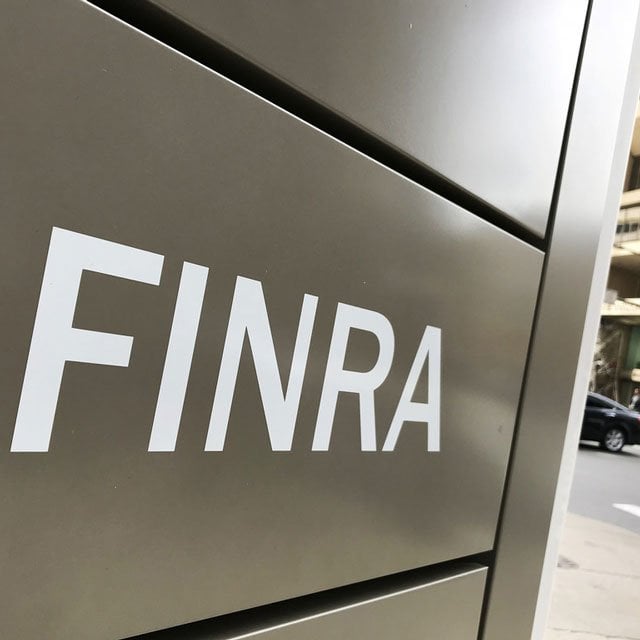Ex-Wells Fargo Rep Made His Friend a Client's Beneficiary: FINRA

Therefore, the rule doesn’t permit a registered person to instruct or ask a client to name another person, such as the registered person’s spouse or child, to be a beneficiary of the client’s estate or to receive a bequest from the client’s estate, FINRA pointed out.
A violation of FINRA Rule 3241 is also a violation of FINRA Rule 2010, which states that “[a] member, in the conduct of its business, shall observe high standards of commercial honor and just and equitable principles of trade,” the regulator noted.
Since 2016, Brewer was the registered representative on two Wells Fargo accounts held by the client. After the client’s spouse passed away in March 2020, the client informed Brewer, who she considered a friend, that she wanted to designate him as a beneficiary for her Wells Fargo accounts, according to FINRA.
In April 2021, the client again asked if she could change her beneficiary designations to name Brewer as beneficiary of her accounts, which Brewer declined, FINRA said.
Instead, after discussing other options, Brewer suggested the client submit two applications changing the beneficiary designations of her accounts to an individual who was a family friend of Brewer but had no connection to or relationship with the client, according to FINRA.
The client agreed and Brewer submitted the requests to Wells Fargo. Brewer did not disclose to Wells Fargo that the individual the client named as beneficiary of her accounts was Brewer’s friend, FINRA said.
Wells Fargo approved the client’s beneficiary change requests. But the client removed Brewer’s friend as beneficiary of her Wells Fargo accounts after the company contacted her about the beneficiary designation, according to FINRA.
(Photo: Adobe Stock)




